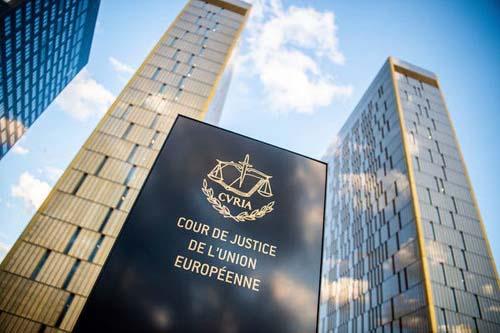
EU decides to refer Poland to Court of Justice of the European Union
Newswire
Brussels: The European Commission this week decided to refer Poland to the Court of Justice of the European Union for failure to communicate the measures transposing into national legislation the Directive on the right of access to a lawyer and to communicate upon arrest.
The deadline for Member States to transpose the Directive was 27 November 2016.
On 15 July 2021, the Commission sent a letter of formal notice to Poland, urging it to fully transpose the Directive, considering that Poland failed to transpose specific measures related to minors.
Those measures ensure that, if children are deprived of liberty in criminal proceedings, an appropriate adult is informed of their deprivation of liberty and of the reasons behind it. After examining Poland’s reply to the letter, the Commission determined that the transposition was still not satisfactory.
In February 2023, the Commission decided to send Poland a reasoned opinion. In particular, the Commission did not agree with Poland’s assessment that certain legislation concerning minors under the age of 17 (the Act of 9 June 2022 on the support and social rehabilitation of minors) are not criminal proceedings.
Since Poland’s reply to the reasoned opinion did not provide proof of complete transposition of the directive, the Commission has decided to refer Poland to the Court of Justice of the European Union.
Since this case concerns the failure to communicate transposition measures of a legislative directive, the Commission will ask the Court of Justice of the European Union to impose financial sanctions on Poland.
EU rules ensure that the basic rights of suspects and accused persons are protected. Common minimum standards are necessary for judicial decisions taken by one Member State to be recognised by the others.
The EU has adopted 6 directives on procedural rights for suspects and accused persons: on the right to interpretation and translation, with the Directive 2010/64/EU; on the right to information with the Directive 2012/13/EU; on the right to have a lawyer with Directive 2013/48/EU; on the right to be presumed innocent and to be present in a trial with the Directive 2016/343/EU; and with the Directive (EU) 2016/800 on special safeguards for children who are suspects or accused in criminal proceedings and on legal aid with Directive 2016/1919.
